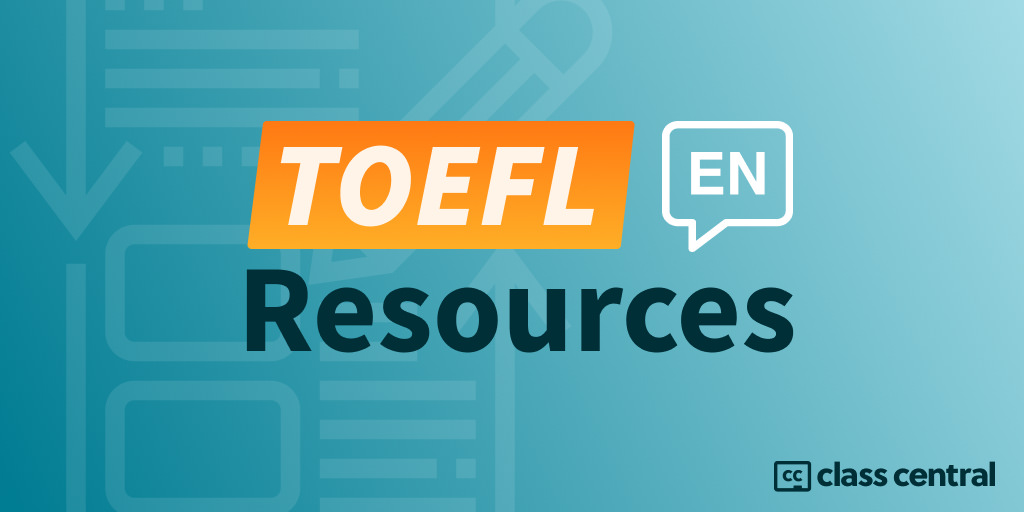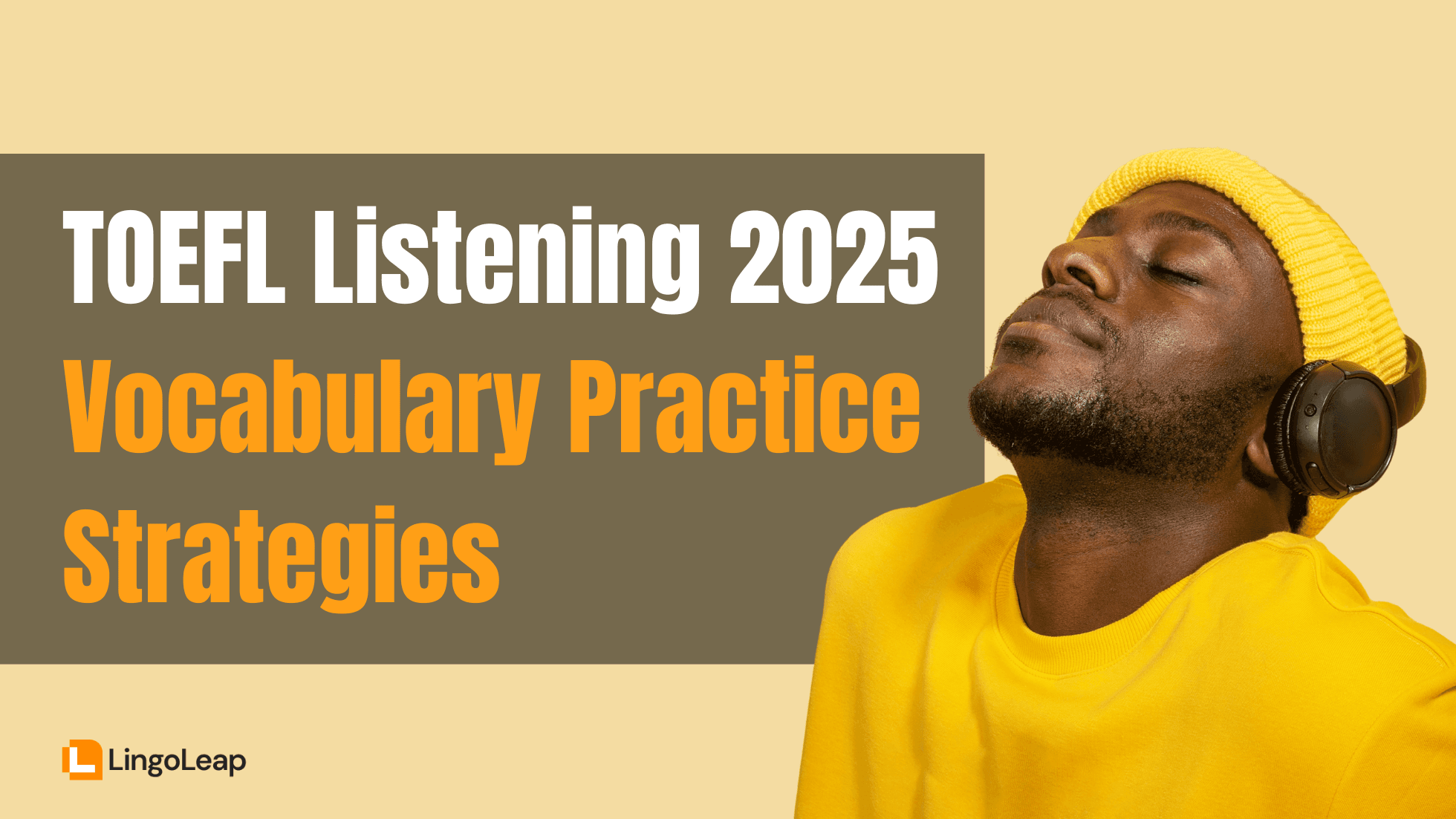Improve your speaking confidence by practicing with a speech-analyzed TOEFL practice test.
Improve your speaking confidence by practicing with a speech-analyzed TOEFL practice test.
Blog Article
Find out Just How to Increase Your Confidence With a TOEFL Method Examination Simulation
Boosting self-confidence for the TOEFL test is no little accomplishment. It involves a strategic technique that leverages the benefits of practice test simulations. These simulations, matching the actual test setting, can be a game changer in reducing anxiousness and promoting familiarity with the examination layout. Most importantly, they permit test-takers to determine their strengths and weak points, strategizing their study plan accordingly. Keep tuned to explore the transformative power of TOEFL practice examination simulations in constructing test-taking confidence.
Recognizing the Relevance of TOEFL Practice Examination Simulation
While lots of ignore its significance, replicating the TOEFL technique test is, in fact, an important step in the preparation procedure. Not only does it furnish trainees with a practical experience of the real examination problems, yet it likewise offers an opportunity to acquaint themselves with the layout and framework of the test. Simulating the TOEFL technique examination must not be forgotten in any TOEFL preparation method.
Actions to Effectively Make Use Of TOEFL Method Examination Simulation


Embarking on the journey of TOEFL technique examination simulation needs a critical technique. Taking the simulation examination in a controlled environment, comparable to a real test situation, is valuable. Efficient usage of TOEFL practice examination simulation is a step-by-step procedure that needs planning, execution, and testimonial.
The Function of Simulated Practice Examinations in Improving Your Self-confidence
As one browses the rigorous course of TOEFL prep work, substitute practice tests play a pivotal function in enhancing confidence. These mock tests reproduce the actual examination setting, supplying a reasonable sneak peek of the TOEFL's style and time restraints. This orientation minimizes stress and anxiety and uncertainty, thereby enhancing self-assuredness. Furthermore, they allow individuals to evaluate their effectiveness level, recognize areas of weak point, and track progress gradually. These insights equip test-takers with the expertise of where to focus their research study efforts, promoting a sense of try this site control and assurance. Their confidence rises. Therefore, simulated method tests not only prepare for the test's content yet additionally work as an emotional device in reinforcing a test-taker's self-belief.
Getting Rid Of Common Obstacles Via TOEFL Method Examination Simulation
By tactically using TOEFL technique test simulations, these barriers can be gotten over. They likewise allow learners to recognize locations of weakness and work on boosting them prior to the actual test. Ultimately, TOEFL method test simulations serve as a vital tool to surmount usual TOEFL preparation difficulties, leading the way for success.
Real-life Success Stories: Just How TOEFL Technique Examination Simulation Changed Test Prep Work
Test-takers' trips typically take a transformative turn when they harness the power of TOEFL technique test simulations. This appeared in John's case, a Spanish trainee intending to research at an U.S. university. He had a hard time with the language published here barrier, and his confidence took a hit. When he explored TOEFL technique examination simulations, a new world opened. Submersed in a reasonable setting, have a peek at this website he comprehended the nuances of the English language much better and improved his comprehension abilities. Maria, an Oriental medical specialist wanting to practice in an English-speaking nation, saw a comparable makeover. The substitute tests aided her understanding complicated medical terms in English, greatly improving her confidence. Both John and Maria are testimonies to the transformative power of TOEFL practice test simulations.
Final thought

Report this page